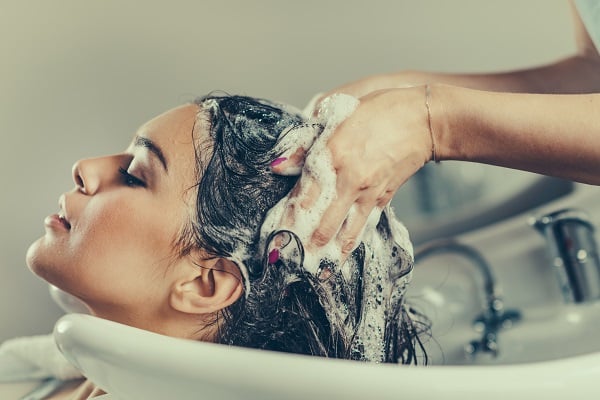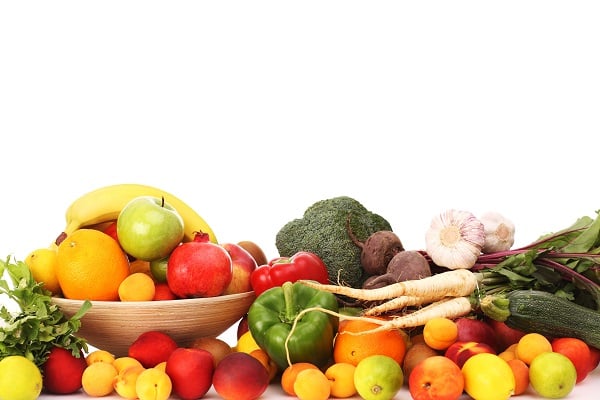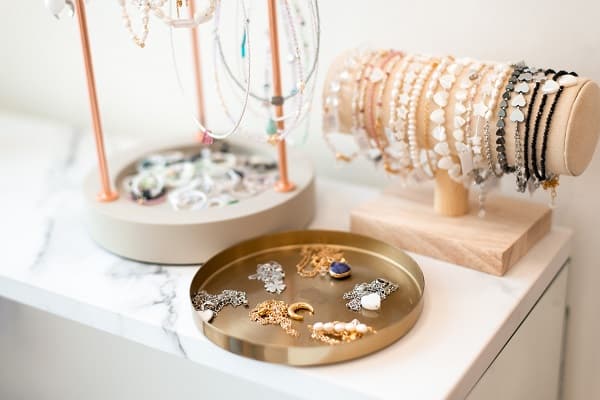Everyone knows that dish soap is an essential product to have in the home, whether you’re hand-washing dishes or using a dishwasher. But what most people don’t realize is that dish soap should not be used for any job around the house – it could damage certain materials and surfaces if it comes into contact with them. This article provides some insight on items you should never clean with dish soap so that you can keep your belongings safe and well-maintained for years to come. Read on for details about appliances and possessions incompatible with standard detergents!
What Is Dish Soap Made With
Dish soap is an incredible multitasker when cleaning up messes in the kitchen – tackling dishes and cookware with ease. But what are the actual ingredients that make this everyday kitchen miracle worker so effective? Generally, the main ingredients in dish soap include surfactants (which reduce surface tension, allowing spills to spread and soak in water), moisturizers, preservatives, coloring, and fragrances.
Surfactants might come from coconut oil or palm kernel oil; however, many brands are developing newly formulated vegan-friendly versions made entirely with plant-based compounds. All these components combine to provide you with a tough product on grease while still gentle on your hands.
Things You Should Not Clean With Dish Soap
Your Hair

Washing your hair with dish soap is a big no-no! While dish soap may be effective at cleaning dishes and other surfaces, it’s not meant for the delicate skin on your scalp. Dish soap breaks down grease, which will strip away the natural oil from your hair and scalp. This can damage your hair, leading to a dry, brittle texture that is difficult to manage.
Dish soap also contains harsh agents that could irritate and dry out even healthy scalps, leaving you with an itchy, flaky scalp. If this isn’t enough incentive to avoid washing your hair with dish soap, consider that it will leave an icky residue in your hair. Not only will this make it appear greasy and heavy, but it’ll make styling nearly impossible. To keep your tresses happy and healthy, stick to shampoos designed specifically for hair care.
Carpet Or Upholstery

Using the proper products on upholstery and carpet is important because it can make all the difference in keeping them in excellent condition for years. Using dish soap to clean upholstery and carpets can cause major damage and make them look old before their time. Dish soap was made to be used on plates, pans, and other cooking utensils; it is not meant for fabrics. It will leave an oily residue that the fabric cannot absorb properly.
This leaves an awkward texture that is unappealing and uncomfortable to walk or sit on. Dish soap may also wear down the fabric’s fibers, resulting in premature aging of your furniture and carpets. To ensure that your furniture and carpets stay looking their best, use products designed especially for upholstery and carpets, as this will ensure they remain vibrant and pristine for years.
Leather Goods

Leather goods should never be washed with dish soap for several reasons. First, many leather products are treated with special oils and waxes during manufacturing to protect them from water, dirt, and other contaminants, so washing them with dish soap can negate that protective layer. Second, dish soap is generally more abrasive and can cause cracks in the leather.
Third, washing your leather product with dish soap can leave residue on the leather, accumulating dirt particles and making it appear dingy over time. Ultimately, dish soap is not recommended because it may damage your expensive leather goods beyond repair. To clean such items, use only a product made specifically for leather that is pH balanced to avoid any adverse effects caused by improper cleaning agents.
Fruits And Vegetables

Washing fruits and vegetables with dish soap is never a good idea. Washing certain produce with such a harsh cleansing agent can strip away the natural oils and protective layer of wax, which helps retain moisture, flavor, and nutrition. Furthermore, it can also have an adverse effect on taste and texture – while some strong-tasting foods may remain unaffected, more delicate fruits and vegetables may suffer from soap residue left on the surface.
Additionally, dish soaps contain many harmful chemicals you should not ingest – if anything were to get past the fruit or vegetable’s skin during washing, these toxins could easily make their way into your body! It’s much safer to use only water or specially-formulated produce washes whenever possible.
Jewelry

Washing jewelry with dish soap can be extremely damaging and should be avoided at all costs. Dish soap breaks down grease on plates and cookware, which means it’s far too harsh for delicate jewelry, especially those made of precious metals like gold or silver.
Not only can powerful detergents in dish soap strip away the protective layer on your jewelry, leaving it vulnerable to tarnish or discoloration, but they can also harm the tiny stones and beads used to accentuate its design. Instead of dish soap, try a more gentle cleanser like mild hand soap or warm water and a cloth. Take special care when cleaning antique pieces by selecting products specifically formulated for vintage antiques or having a professional clean them for you.
Painted Walls And Surfaces

Washing painted walls and surfaces with dish soap can be a mistake. Dish soap is designed to remove grease and contaminants but is usually too harsh for painted walls or surfaces. The high sudsing agents in these products can strip the paint or protective coating of its oils, causing your walls and surfaces to become discolored and uneven.
Additionally, some dish soaps contain bleach or caustic ingredients that can damage the underlying surface and create a hazy residue. To keep your painted walls and surfaces fresh, use mild cleansers specially formulated for interior wall finishes. These gentle cleansers will provide deep-cleaning action without any harm to coated surfaces.
Cast Iron Cookware

Cast iron cookware and surfaces should never be washed with dish soap due to the oils that are naturally present on the surface. Dish soap is designed to strip away dirt and oils from cookware and surfaces, which would lead to a breakdown of the seasoning on cast iron and strip away the natural protective layer.
Washing cast iron with dish soap strips off the coating and protective seasonings, leaving it prone to rusting and needing to be reseasoned often. The best way to clean cast iron is to only use hot water, a cotton cloth, and a scrub brush with soft bristles if necessary. This method will ensure that your cast iron remains well-seasoned, protected, and in perfect condition for years to come.
Stay Away From Cleaning These Tings With Dish Soap!
It’s important to remember that dish soap is a powerful cleaning agent designed for dishes and cookware. While it may seem like a convenient all-purpose cleaner, using it on everything from fruits and vegetables to jewelry can have disastrous consequences. To properly clean these items, look for specially formulated cleansers or simply rely on the power of water and a cloth. Sticking to these methods will ensure that your items are safe and free from any unwanted residue or damage caused by dish soap.


